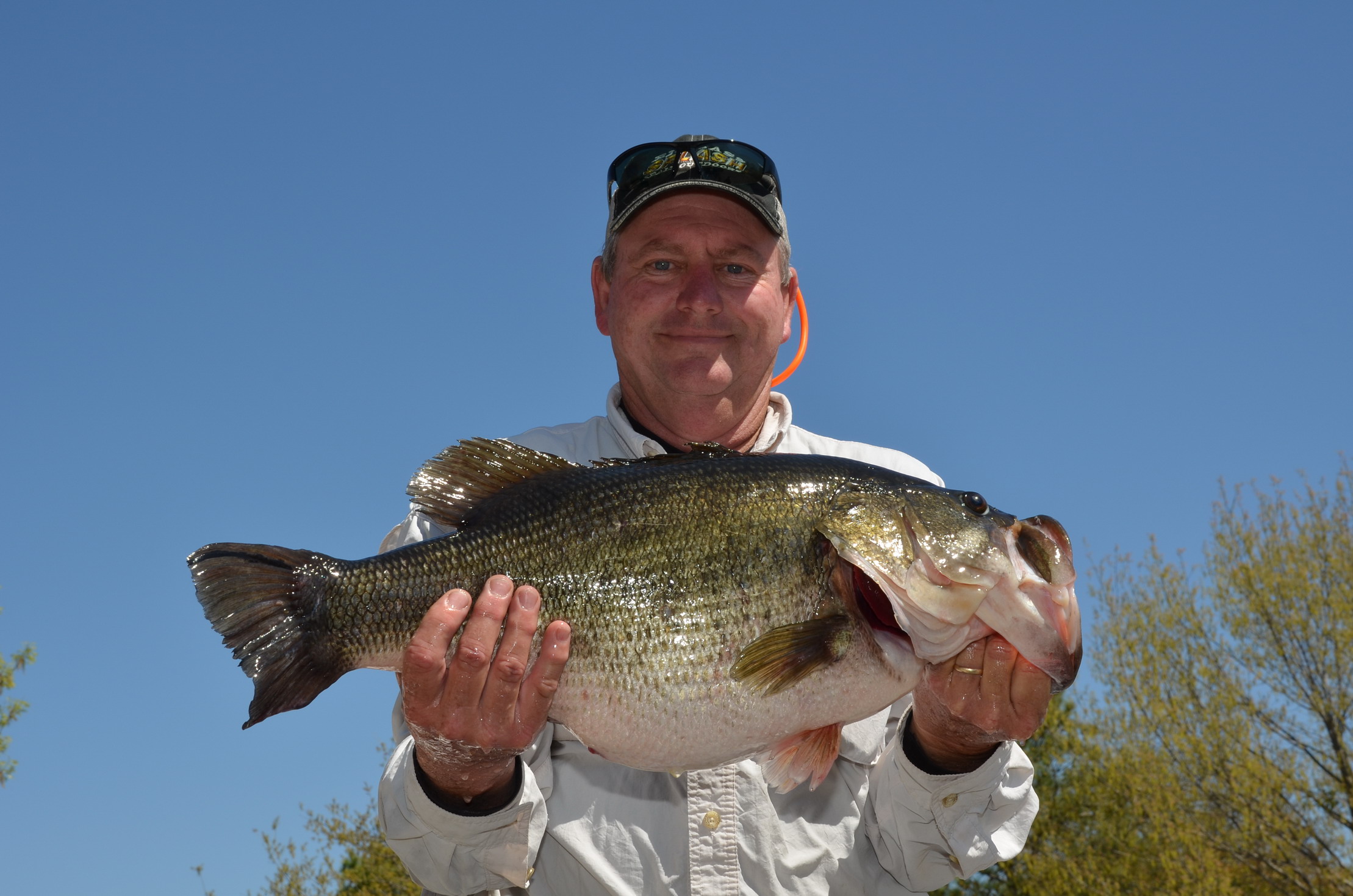Angling: Breeding Bigger Bass

Donald Deville of Ville Platte, Louisiana, caught Toyota ShareLunker 547 from Lake Fork March 20, Larry D. Hodge, © Texas Parks and Wildlife Department
This is Passport to Texas
The Toyota ShareLunker program takes largemouth bass—13-pounds or more—and uses them to breed even bigger bass. By placing the males and females in the same tank, you’d think nature would take its course. It’s not that easy, says David Campbell.
04—It’s very hard to get these older fish to spawn in a strange environment.
Campbell retired from TPW in 2012, after 46 years with the agency, and 26 years managing the ShareLunker program. The bass donated to the program are ten years old or more, making their journey to the spawning tanks more stressful.
08—When you catch a thirteen-pound bass with a rod and reel, that’s not something you just reel in real quick and get it out of the water and put it in a live well—it usually takes some time, and it stresses the fish.
Music and dim lights work to calm humans and put them in the mood for romance. I asked, in jest, whether Campbell tried such mood enhancers with the bass.
11—(laughter) We haven’t tried it, but we have thought about it. (chuckles) We thought about a lot of this in the first few years of the program because we found it was extremely difficult to get them to spawn.
They’re doing something right, because they’ve stocked nearly a million fry in lakes from the Sharelunker program. Donating your catch to the program…that’s tomorrow.
The Sport Fish Restoration Program supports our series and provides funding for the Texas Freshwater Fisheries Center.
For Texas Parks and Wildlife…I’m Cecilia Nasti.


 Passport to Texas is a
Passport to Texas is a  Passport to Texas is made available by:
Passport to Texas is made available by: